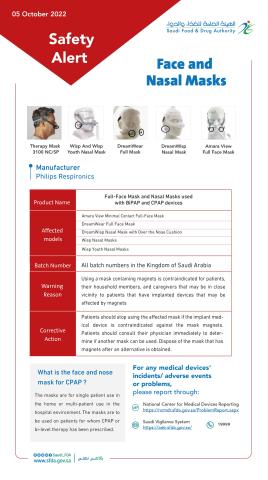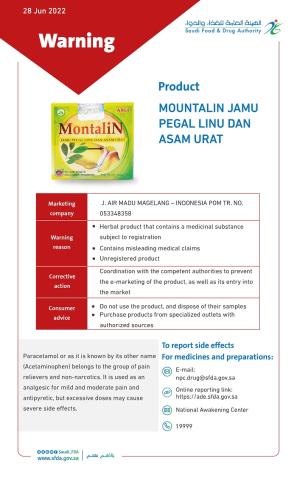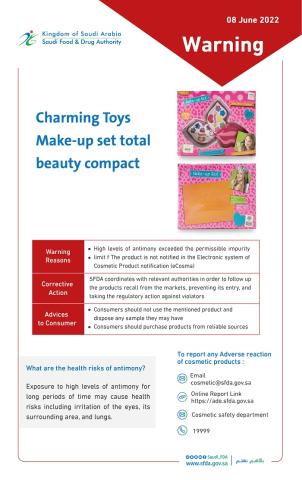Context Lead, mercury, and arsenic have been detected in a substantial proportion of Indian-manufactured traditional Ayurvedic medicines. Metals may be present due to the practice of rasa shastra (combining herbs with metals, minerals, and gems). Whether toxic metals are present in both US- and Indian-manufactured Ayurvedic medicines is unknown.
Objectives To determine the prevalence of Ayurvedic medicines available via the Internet containing detectable lead, mercury, or arsenic and to compare the prevalence of toxic metals in US- vs Indian-manufactured medicines and between rasa shastra and non–rasa shastra medicines.
Design A search using 5 Internet search engines and the search terms Ayurveda and Ayurvedic medicine identified 25 Web sites offering traditional Ayurvedic herbs, formulas, or ingredients commonly used in Ayurveda, indicated for oral use, and available for sale. From 673 identified products, 230 Ayurvedic medicines were randomly selected for purchase in August-October 2005. Country of manufacturer/Web site supplier, rasa shastra status, and claims of Good Manufacturing Practices were recorded. Metal concentrations were measured using x-ray fluorescence spectroscopy.
Main Outcome Measures Prevalence of medicines with detectable toxic metals in the entire sample and stratified by country of manufacture and rasa shastra status.
Results One hundred ninety-three of the 230 requested medicines were received and analyzed. The prevalence of metal-containing products was 20.7% (95% confidence interval [CI], 15.2%-27.1%). The prevalence of metals in US-manufactured products was 21.7% (95% CI, 14.6%-30.4%) compared with 19.5% (95% CI, 11.3%-30.1%) in Indian products (P = .86). Rasa shastra compared with non–rasa shastra medicines had a greater prevalence of metals (40.6% vs 17.1%; P = .007) and higher median concentrations of lead (11.5 µg/g vs 7.0 µg/g; P = .03) and mercury (20 800 µg/g vs 34.5 µg/g; P = .04). Among the metal-containing products, 95% were sold by US Web sites and 75% claimed Good Manufacturing Practices. All metal-containing products exceeded 1 or more standards for acceptable daily intake of toxic metals.
Conclusion One-fifth of both US-manufactured and Indian-manufactured Ayurvedic medicines purchased via the Internet contain detectable lead, mercury, or arsenic.



